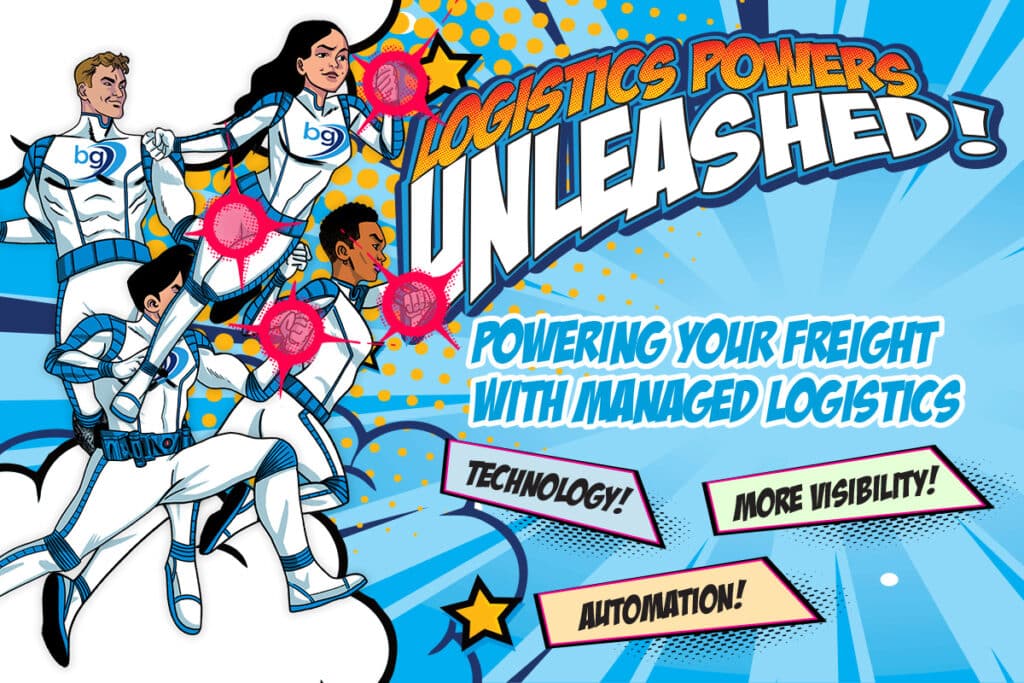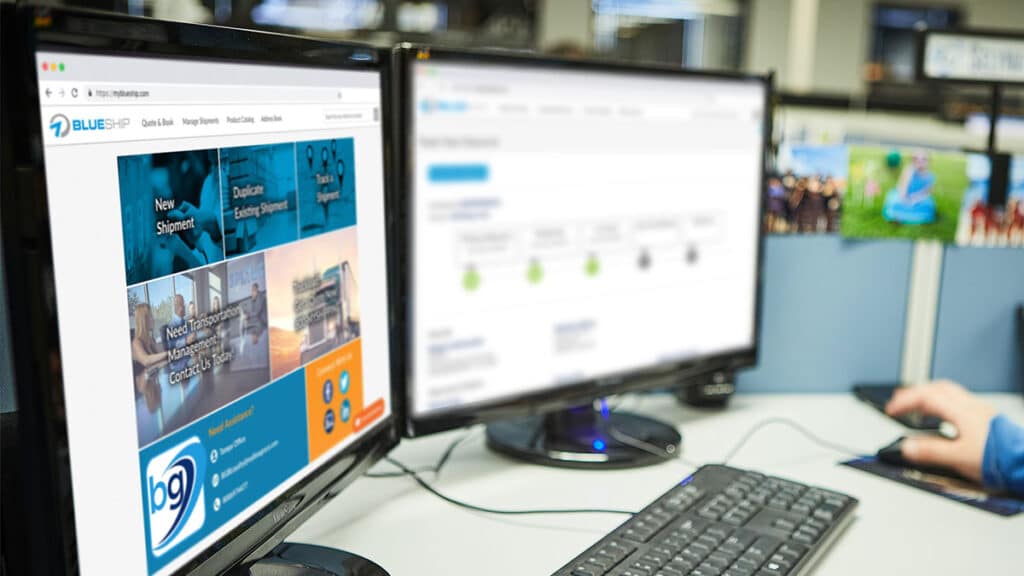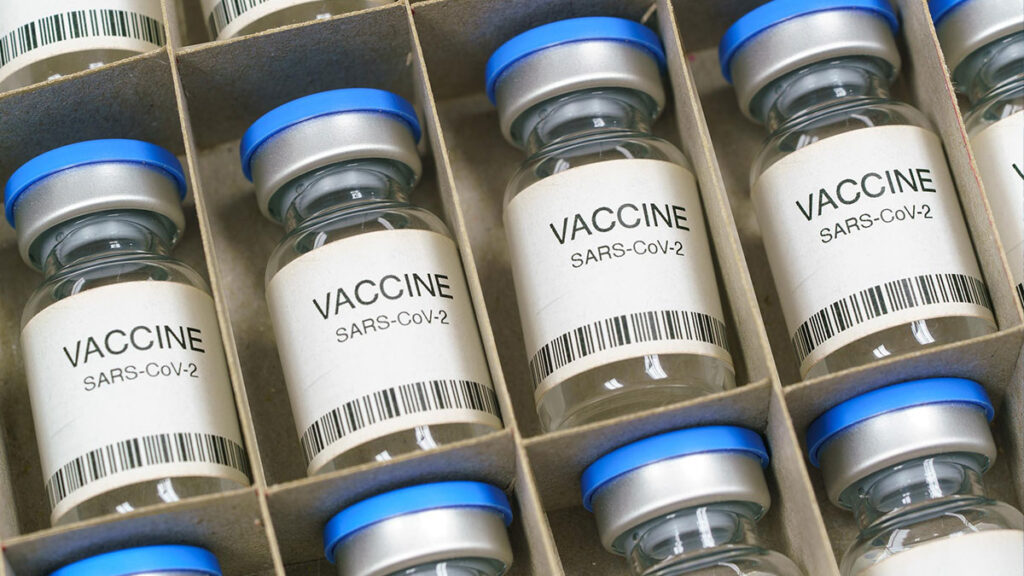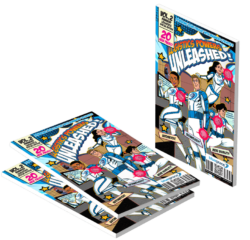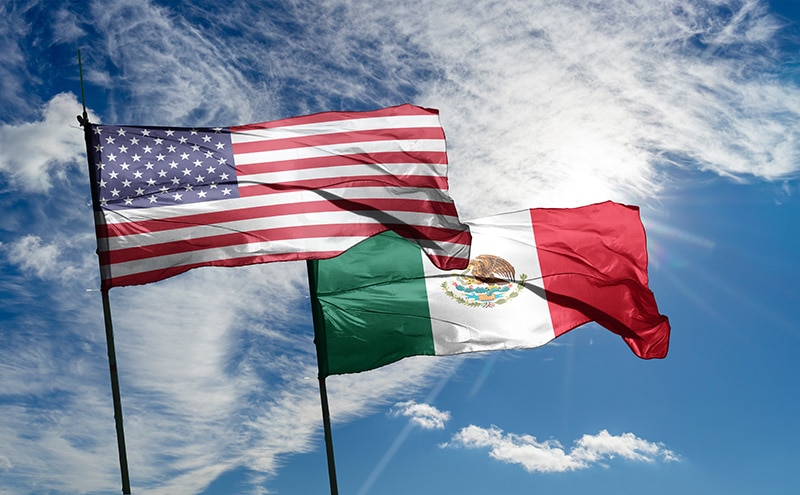
The first wave of the COVID-19 vaccine has rolled out into communities. First-responders and those who work in high exposure professions are first on the list to get the shot. The two major distributors for the vaccine in the U.S. are Pfizer and Moderna. According to the CDC, the Pfizer vaccine “will arrive at a temperature between -80°C and -60°C (-112°F to -76°F)” and the Moderna vaccine “will arrive frozen between -25°C and -15°C (-13°F and 5°F)”.
Transit Priorities
In addition to temperature-control needs, freighters will feel the crunch with capacity related constraints. Labeled “Operation Warp Speed” by the United States government, there is pressure on the labor force to transport these doses without delay or damage.
Security and labor are another consideration companies need to make when meeting this unprecedented need for refrigerated shipping.
Security and labor are another consideration companies need to make when meeting this unprecedented need for refrigerated shipping. According to WSJ, “carriers typically use two-driver teams for such shipments to keep trucks moving and ensure valuable cargo isn’t left unattended.” Of course, this also increases costs by needing to pay a two-driver team for every shipment.
Monitoring Temperature
Temperatures need to be checked regularly and recorded each day to account for any excursions. For the most accurate readings, the CDC recommends using a DDL (digital data logger) with a detachable probe. These probes should be buffered. Teflon®, sand, glycol and glass beads are all appropriate buffering materials for the temperatures required. According to CDC guidelines, monitoring temperatures should include “a temperature log and one of the options below:
- Option 1: Minimum/Maximum Temperatures (preferred) Most DDLs display the minimum and maximum (min/max) temperatures. Check and record the min/max temperatures at the start of each workday.
- Option 2: Current Temperatures – If the DDL does not display min/max temperatures, check and record the current temperature at the start and end of the workday. Review the continuous DDL temperature data daily.”
For the recommended storage log in Fahrenheit, click here. To access the CDC recommended Celsius log, click here.
Projected Numbers
Recent estimates show that the number of doses the U.S. has signed up for will require about 632 trucks in 2021. Those numbers have room to grow. Such narrow error margins with temperature mean replacement orders will happen. Security issues will arise, and the FDA will approve more manufacturers. Unforeseen events have already taken place, like the Wisconsin pharmacist who allegedly ruined a shipment of vaccines under his care.
It is plausible to assume shipping demands will increase due to the Defense Production Act to expedite the delivery of 100 million vaccines during the first 100 days of President Joe Biden’s incumbency.
According to information gathered by Heavy Duty Trucking, “WHO estimates nearly 20% of temperature-sensitive healthcare products get damaged during transport, and 25% reach their destination in a degraded state because of breaks in the cold chain”. While these are the present industry standards, the stakes are higher for a vaccine that will prevent a viral infection.
Managing Changes
Presently, the number of trucking companies with both the equipment and the experience to handle the demands of this roll-out is a small percentage of the industry.
In an interview with Wall Street Journal, “Robbie Neilson, chief operating officer of Cavalier Logistics, a freight transport company based in Northern Virginia that specializes in temperature-controlled logistics and is involved in the Covid-19 vaccine distribution efforts” offers his opinion that the industry is well-equipped to handle the challenges. He admitted that the volume is unusual but further explained his confidence. Since this is a global problem, there is high motivation to be a part of the solution. He does not expect capacity constraints to be a significant barrier to success.
However, not everyone in the industry agrees. Andrew Boyle, co-president of Boyle Transportation, shared his experience with WSJ as well. He says that developing the expertise necessary to work with pharmaceutical companies, obtain certifications to meet global standards for the transportation of medications, and “undergoing extensive quality audits, took us about 10 years. You can’t haul chicken nuggets and then transport oncology drugs”.
It is difficult for companies in any sector to make large changes to logistics.
It is difficult for companies in any sector to make large changes to logistics. To make those changes during unprecedented events can be near impossible. With so many lives on the line, companies would be prudent to invest in third-party logistics support. Allocating internal efforts towards the training of drivers and cargo handlers will be of the utmost priority. High-end equipment will need to be acquired and maintained. While these are hefty up-front costs, there is an opportunity for companies to make a reputation for themselves.
If you need help raising the standards in refrigerated freight, BlueGrace can help. We provide real-time tracking of our full truckload fleet providers, including any and all temperature-controlled transport partners. With industry expertise and a reliable carrier network, we can secure capacity for you and eliminate common supply chain disruptions. Contact us at 800.MY.SHIPPING or fill out the form below to request a FREE refrigerated quote today.
